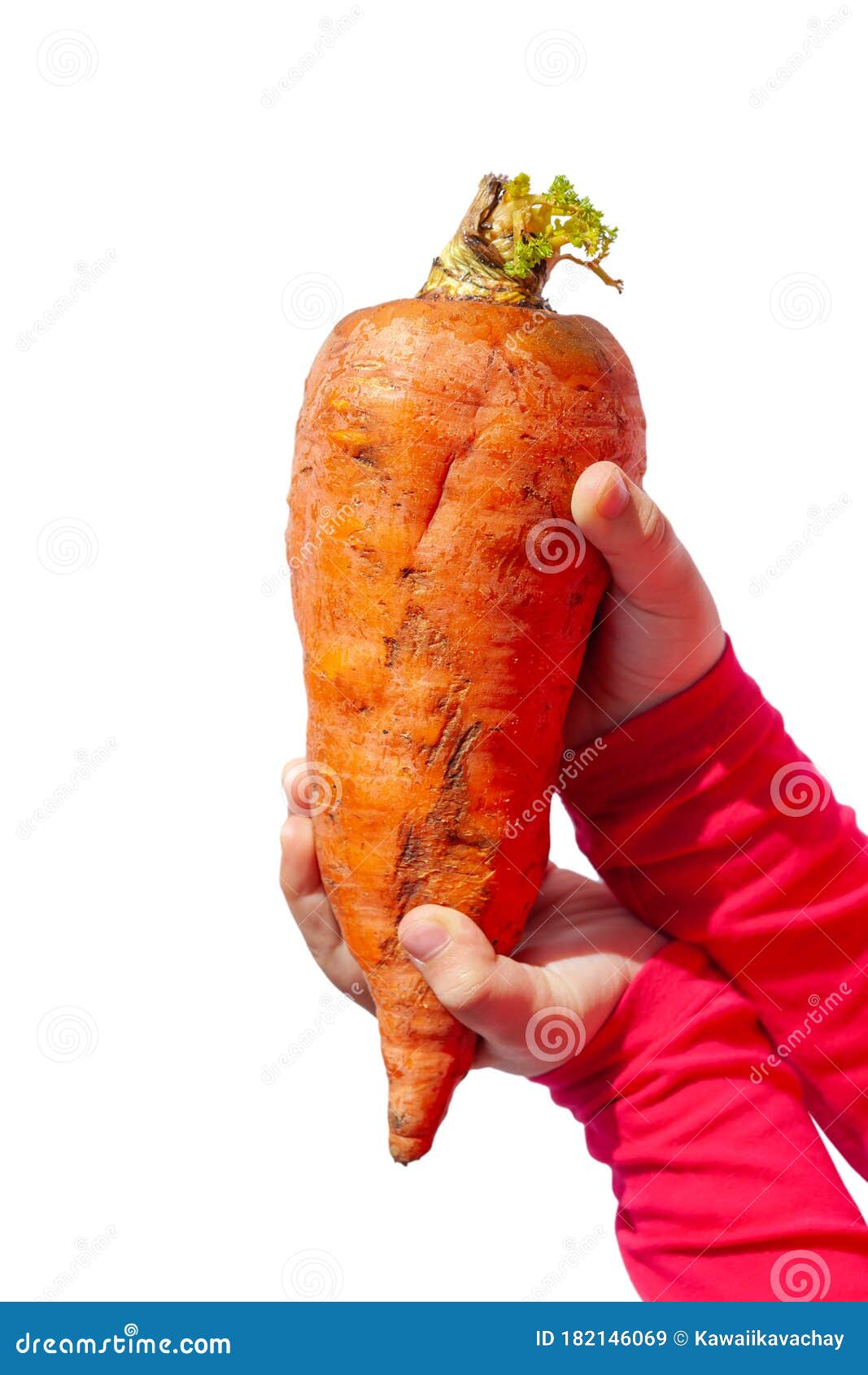


Misfits Market and Imperfect Foods now operate across 44 and 40 states respectively. It says its “farm to fridge infrastructure embraces all cosmetic imperfections like blemishes or irregular sizes for a less wasteful world.” Founded in 2015 and now boasting some 400,000 customers, Imperfect Foods claims to have recovered over 116 million pounds of food that would have wound up in the trash heap. Begun with four employees in 2018, Misfits raised $200 million from investors in 2021, and by year’s end had a valuation of $2 billion.Ĭalifornia-based Imperfect Foods has a similar business model. The online grocery service, which buys and resells produce that conventional grocery stores reject for not meeting cosmetic standards, says its customers save up to 50 percent on fruits and veggies. Misfits Markets, headquartered in New Jersey, is one such company. The companies generally claim to at once provide superior produce, be more environmentally sustainable, and offer better value over traditional vendors. Small community supported agriculture (CSA) programs and large publicly traded companies alike have emerged with the aim to market imperfect produce. And today, more food sellers are attempting to pull off that trash-to-treasure maneuver, or something like it.
MISSHAPEN FRUIT AND VEGETABLES TRIAL
Then Bunny-Luv owner Mike Yurosek had an inspiration: Using a potato peeler, a knife, and some trial and error, the “father of the baby carrot” transformed vegetables destined for the compost heap into crunchy orange gold.ĭecades later, baby carrots constitute 54 percent of U.S. A portion of the castoffs became animal feed, some got juiced, others were processed and paired with peas destined for the freezer section. Each day, some 400 tons of produce was too big, misshapen, or damaged to fit uniformly into supermarket-friendly packaging. Their arrival traces back to the mid 1980s, when Bunny-Luv, one of California’s largest carrot growers, was seeing 70 percent of its carrot harvest not making it to the grocery store. Instead of being plucked from mother nature’s garden at the peak of preadolescent perfection, most “babies” are actually the result of a salvage mission. It may surprise you to know this, but baby carrots are a sham.


 0 kommentar(er)
0 kommentar(er)
